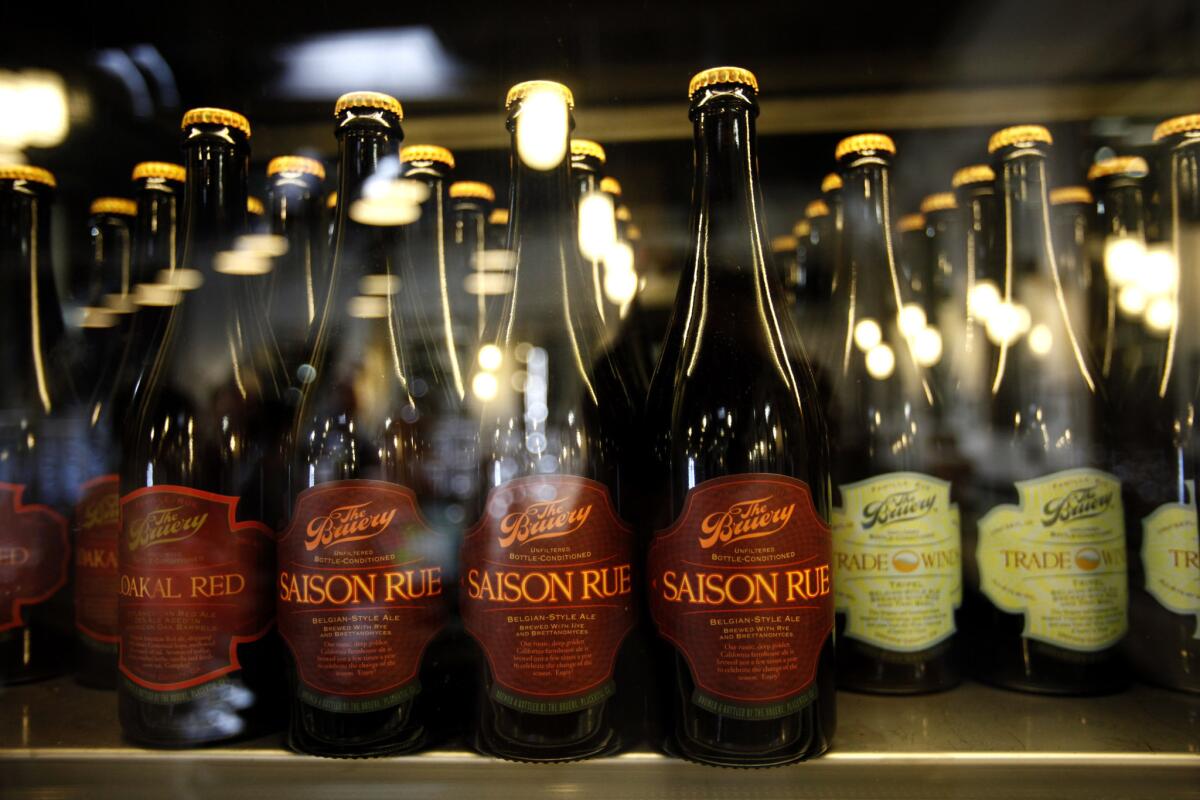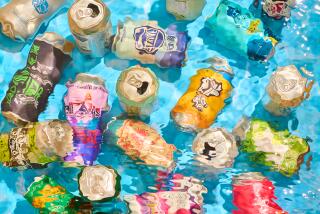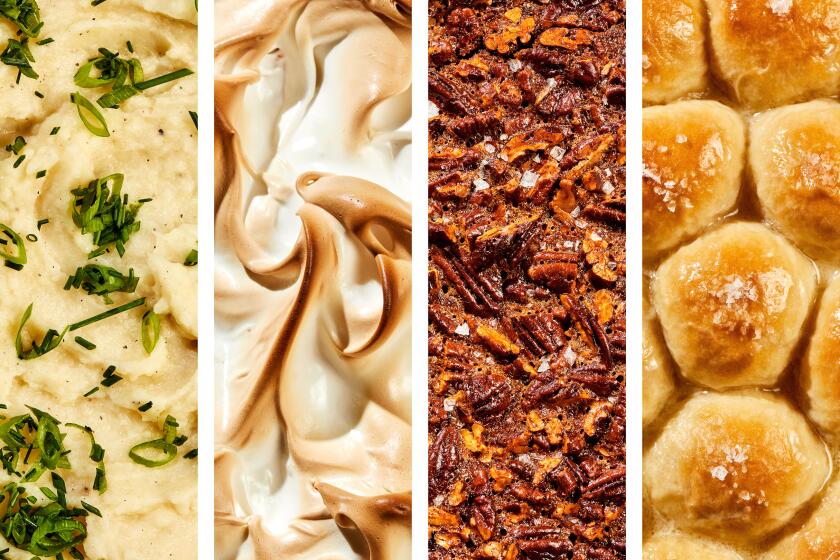Two tips for buying the best tasting beer no matter where you shop

We had some tips this week for wines to pick up while shopping at Target, and that got me thinking about the places that I buy beer. Sure, you can find selections of craft beer at gas stations, bodegas and even Target now, but getting good bottles is a little more tricky than just going with breweries you know and like.
Compared with wine, beer has a very short shelf-life. Most craft beers are unpasteurized and are best within four to six months of being bottled. Hoppy brews like IPAs are the most susceptible to the ravages of time, and their bright, fruity hop flavors will begin to fade after just weeks in a bottle.
There are two tricks for buying craft beer at spots that may not be your first choice for beer buying. The most important thing to do is check the bottles for date codes -- this is a great habit to get into whenever you buy beer. You wouldn’t buy a jug of milk without checking the expiration date; you should give beer the same caution (even though “expired” beer won’t make you sick, it may just taste “off”).
Unfortunately, not every brewery dates their bottles. Many of the larger operations do, and these are often the beers that you’ll find at gas stations or corner stores. Date codes come in a few varieties; there can be best-by dates (Stone Brewing now labels the necks of their beers with “Enjoy By” dates) or bottled-on dates (Firestone Walker marks the lower left corner of their labels with the bottled-on dates).
The most consumer-friendly examples use plain dates that are simple to read, but some breweries (like ubiquitous Sierra Nevada) mark their bottled-on dates in Julian Date Codes -- a string of numbers that requires a little conversion.
Here’s a handy resource that lists nearly all of the craft breweries that do date-code, and where to find their codes: {Drinking} Fresh.
The second trick to ensure the best tasting beer is to be mindful of which styles you’re buying, if you’re shopping at what might be questionable sources. Some beer styles can weather a long stint on a shelf better than others. More malt-forward styles like stouts, porters and brown ales stale more gracefully than hoppy beers that are best as fresh as possible. Belgian and Belgian-style beers are often bottle conditioned, which protects them from going stale, and higher alcohol brews are more rugged than lighter products (though even a 10% double IPA will go south quickly).
Ideally, I pick up bottles from a local source that keeps everything cold and sells through their inventory quickly, but that obviously is not always feasible. Craft beer is spreading to more and more retailers, but it takes a little care on the shopper’s end to get the best bottles possible.
More to Read
Eat your way across L.A.
Get our weekly Tasting Notes newsletter for reviews, news and more.
You may occasionally receive promotional content from the Los Angeles Times.










